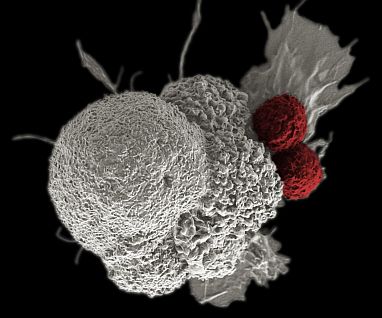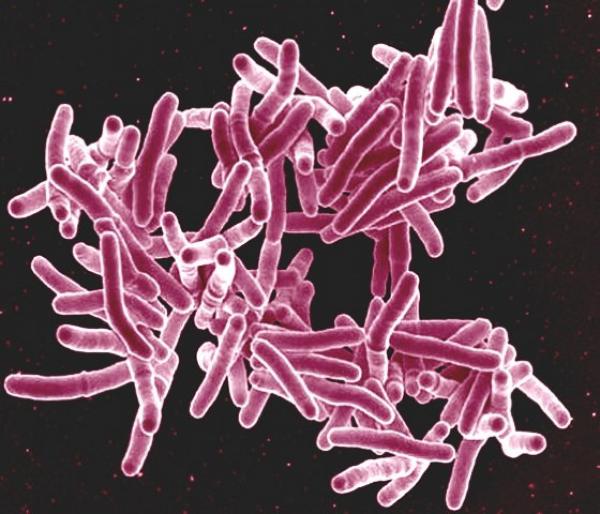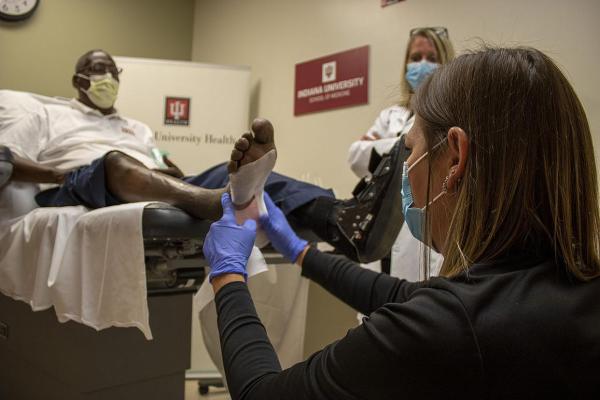Crucial Protein Reins in Overzealous Bone Growth
IRP Study Answers Key Questions About Bone Development and Healing
The idea that there can be “too much of a good thing” applies just as much to the human body as it does to an overly sweet dessert or excessive holiday decorations. For instance, you might think that rapid bone growth would be helpful for fixing fractures, but it can actually make bones weaker in the long run. A recent IRP study revealed how a certain molecule manages the way bones develop in a growing fetus and heal after damage to make sure they don’t trade strength for speed.










